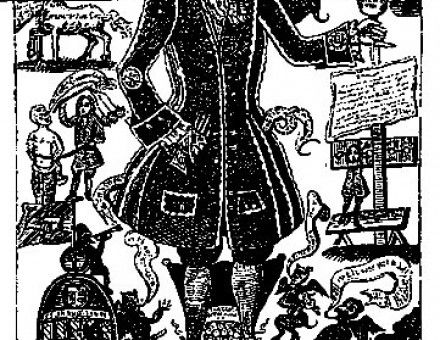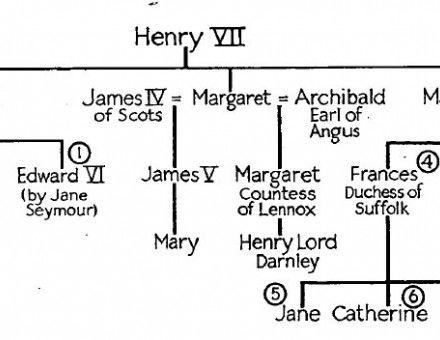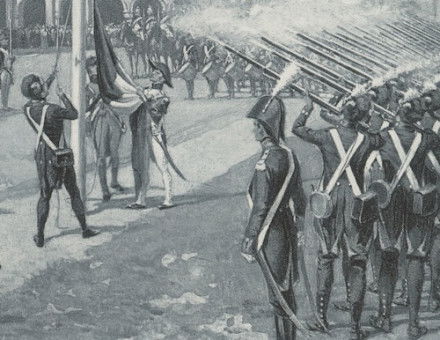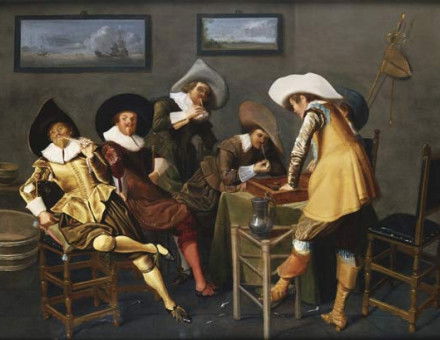King George III: A Study in Personality
A man of deep convictions, George III ruled at a time “when kings were still expected to govern. That he failed to acquire “true notions of common things”, Lewis Namier writes, was “perhaps the deepest cause of his tragedy.”






